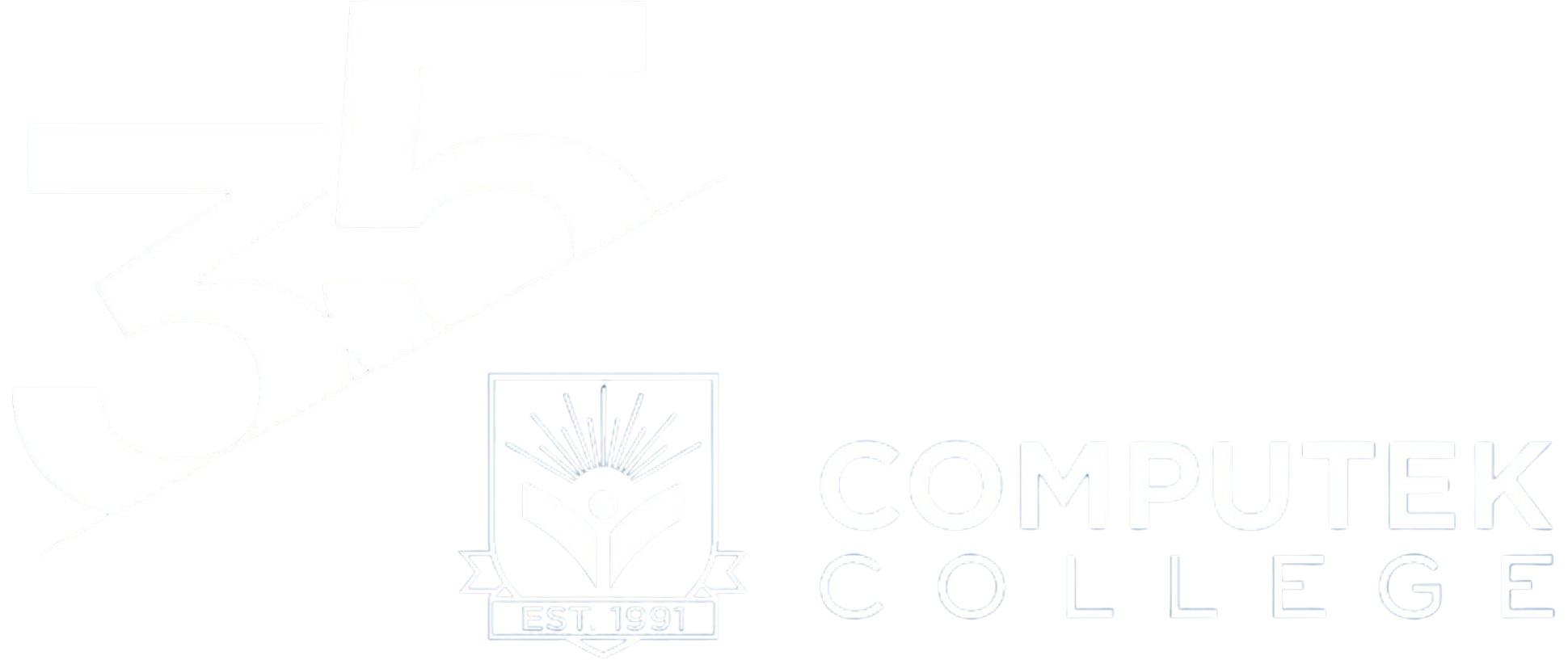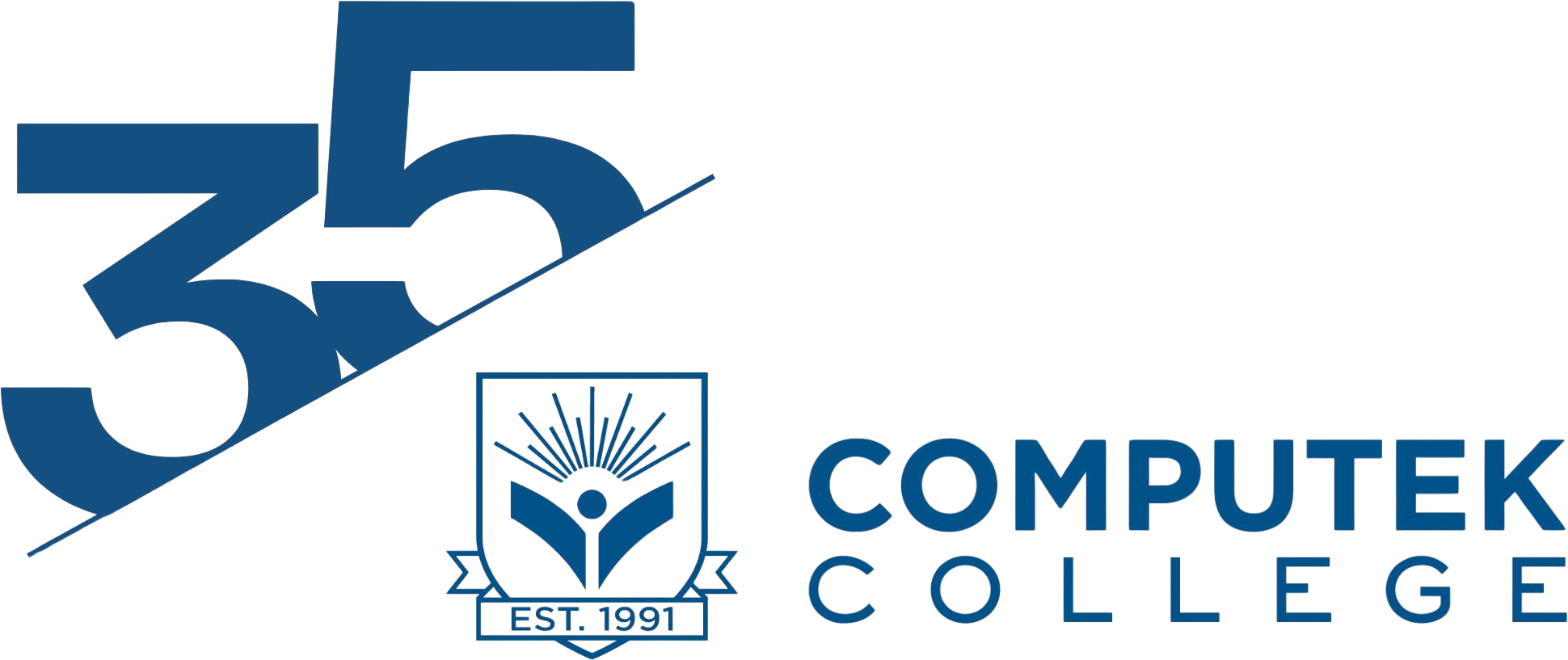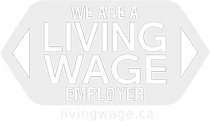So, you’re interested in being a medical office administrator? Congratulations! You’ve chosen a career that is both fulfilling and one that allows you to help others directly. In addition to a top-notch program like ours at Computek College, there are several critical professional skills you need to work in the medical field. As a part of our training, we ensure our students know these competencies like second nature. What are some of the most important things to know? Let’s explore six of them.
1) Medical Terminology and Rules
While you won’t be treating patients, as a Medical Office Administrator, you will be working directly with them to ensure they’re seen for the exact reason they’re visiting you. That’s why courses for medical administrators should contain sections on medical terminology, physiology, and anatomy to understand the human body. In addition, confidentiality and discretion are mandatory. In Canada, medical professionals are bound to follow the Personal Information Protection and Electronic Documents Act (PIPEDA). In Ontario, there’s also legislation called the Personal Health Information Protection Act, 2004 (PHIPA). The basis of all these legal documents is to ensure confidentiality and privacy with records that include personal information.
2) Superior Customer Service Skills
Customer service as a term can seem broad, but excellence is crucial when working in a medical setting. Running a medical office comes with many duties, but treating visitors with kindness, respect, empathy, and courtesy is just as essential as knowing the processes involving the position. When people visit, they are often suffering in some manner, so a gentle welcome is appreciated.
3) Software Skills
Being computer literate is vital as technology evolves regularly. A large part of being a medical office assistant is knowing how to operate the various software needed to keep records. This can include word processing, spreadsheets, databases, scheduling, and even basic accounting.
4) Basic Accounting
You may decide to specialize in medical accounting. Still, even if you’re not part of that niche, it’s essential to know about medical billing and how to enter information when needed. There are many moving parts to running a medical office smoothly, and billing is one of the main ones.
5) Communication Is Key
Medical offices depend on accurate and complete communication because patient health is at stake. Communication must contain:
- Ideas or concepts.
- People to deliver information or statements.
- A way to collect data.
Communication breakdowns and missing or erroneous records can have severe consequences for the practice and its patients.
6) Etiquette
No matter if you’re sending emails, using the phone, writing letter correspondences, or partaking in face-to-face communication, apply the same decorum—friendly, approachable, clear, and concise. And this includes everyone: colleagues, patients, physicians, hospitals, vendors, or other professionals. Remember that these are all types of communication, and how the recipient understands them is what counts. All in all, if you want to work in this integral role in the medical field, you need to be a helpful, professional, and educated person who is willing to learn and grow. At Computek College, we teach you all the above and much more with our innovative Medical Office Administration program. We’ll even help you with career resources, financial aid and other opportunities. If you have any questions, feel free to get in touch by calling 416-321-9911 or visiting our website today!








